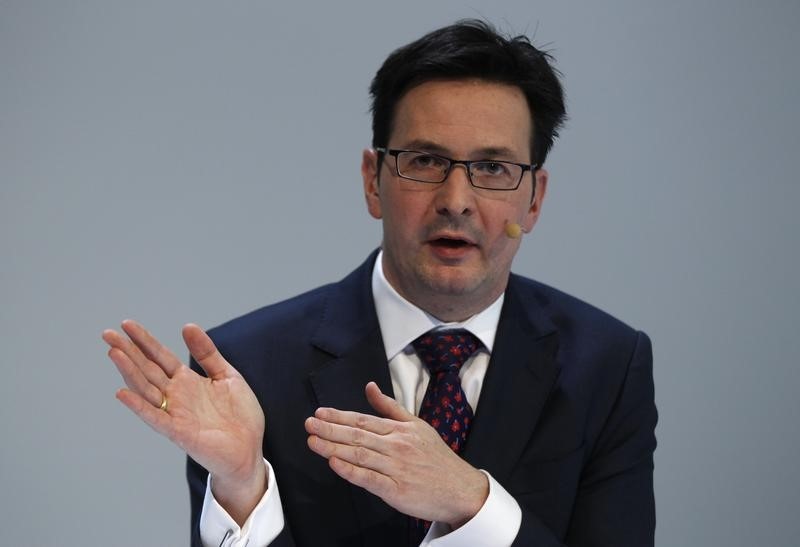By Christoph Steitz
FRANKFURT (Reuters) - Weakness at RWE's British business npower continued to eat into the German utility's profits, prompting investors to dump shares in a company already struggling with a structural crisis at home.
RWE warned it would only just reach the bottom of a 1.1 billion euro (0.77 billion pounds) to 1.3 billion euro forecast for underlying net profit this year, blaming billing glitches in Britain and a loss of customers there that has worsened during the year.
Small energy suppliers have been poaching customers from Britain's six big power utilities, exploiting dissatisfaction with service quality and soaring bills.
RWE said on Thursday it had lost about 200,000 customers in Britain since the start of the year, sending npower to an unexpected operating loss of 66 million euros during the first nine months of 2015.
"This is an extra headache for RWE shareholders," a Frankfurt-based trader said of the problems in Britain. "You can't just blame it all on the weak environment."
Shares in RWE plunged as much as 9.9 percent making them the worst performer in Frankfurt's blue-chip DAX index and also weighing on the STOXX Europe 600 Utilities Index, which was 0.3 percent lower.
Utilities in Germany have been hit by the country's decision to close nuclear power stations, a plunge in wholesale power prices and a rise in renewable capacity. For RWE, the problems in Britain come as an additional concern.
"We were often only able to retain residential customers with expired contracts by offering them new ones with more favourable conditions," RWE Chief Financial Officer Bernhard Guenther told reporters.
Bryan Garnier analyst Xavier Caroen kept a "sell" rating on RWE, saying it was in a more difficult position than E.ON, which reported a record third-quarter record loss on Wednesday due to writedowns on its power plants.
RWE's nine-month operating profit fell 9 percent to 2.65 billion euros, putting it on track for its third consecutive year of falling earnings and piling pressure on Chief Executive Peter Terium to come up with a turnaround plan.
Terium has defended his decision not to follow larger peer E.ON by breaking up the company, but he is under mounting pressure to revive the 117-year old utility.
Its shares have halved in value since the beginning of the year and are 89 percent below their 2007 peak.
